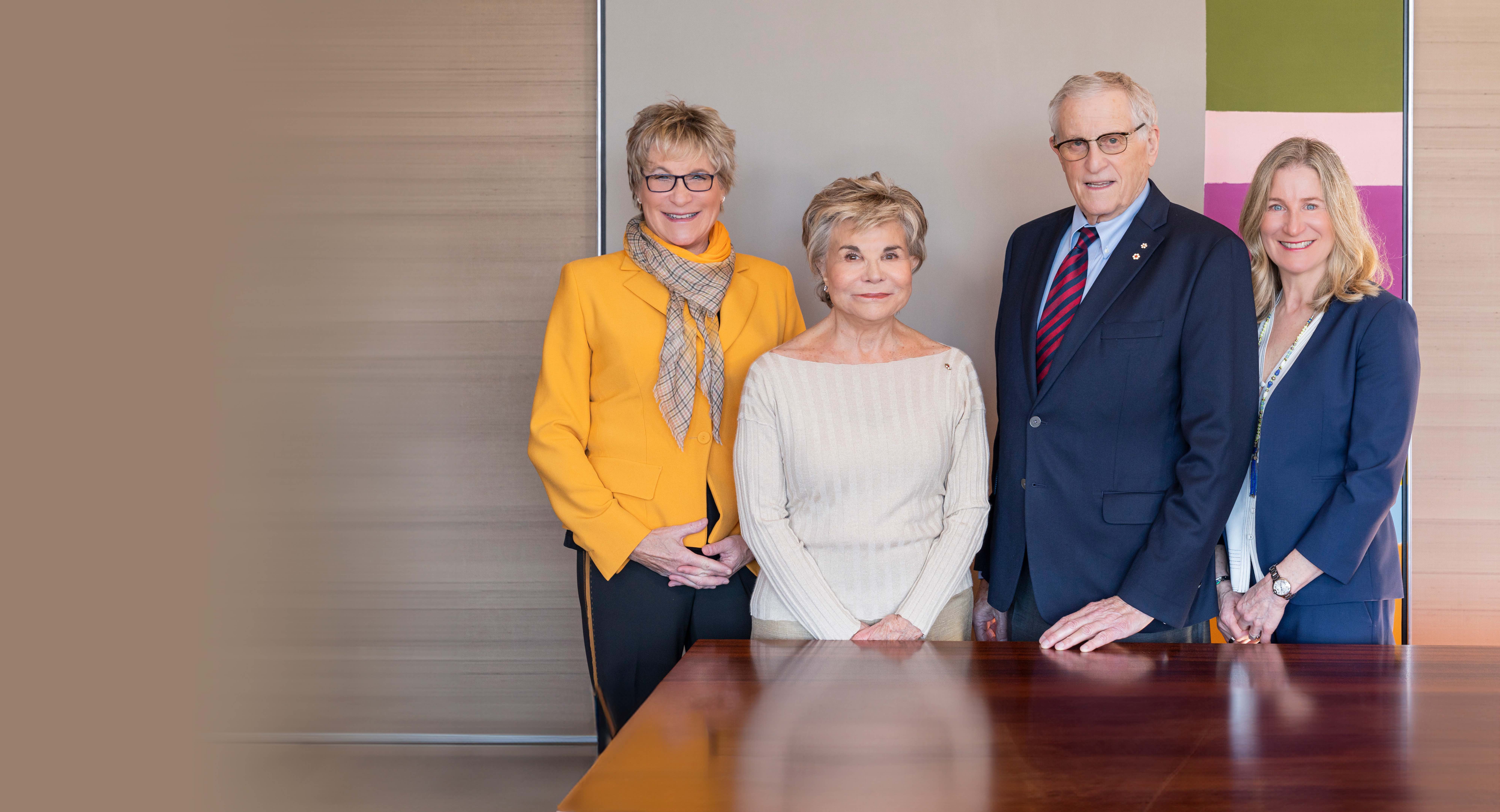“It was a scary time,” reflects Paul Tindle. “And quite frankly, it was a depressing time.”
About 16 years ago, Paul noticed he was losing his voice. As an energetic salesperson who was always on the phone and in meetings, it was becoming very difficult to communicate. Initially, he thought it was just a persistent cold that wouldn’t go away. But Paul saw a specialist and was diagnosed with papillomas or growths on his vocal cords.
After 13 painful surgeries, Paul still could not speak properly. He was stressed and it was affecting his career. He had almost given up hope when he was referred in 2017 to Dr. Amanda Hu, a laryngologist at Vancouver General Hospital.
“I had accepted the fact that I would have a life where I’m struggling to be heard,” recalls Paul.
However, Dr. Hu operated on Paul and his life has been different ever since. Dr Hu performed laser surgery to intricately remove the papillomas on Paul’s vocal cords, bringing his voice back.
“My voice has changed completely since she worked on me,” says the 51-year-old. “It’s stronger than it has ever been. I find it effortless to talk now. Dr. Hu has changed my life.”
Each year, voice problems affect one in 13 adults.
Accurate and effective diagnosis
Before Paul’s operation, Dr. Hu used a stroboscopy machine which helps visualize the larynx and diagnose voice disorders caused by irritations, acid reflux or growths like vocal papillomas.
“Stroboscopy is a very important tool to accurately diagnose what’s wrong with my patients’ voices,” she explains. “If I had an additional machine, I could see more patients, more efficiently and help more people. It would also help me train more medical students and residents to accurately diagnose conditions. This is an example of how philanthropy and donors can support the best care for the people of British Columbia.”
An estimated two in 100,000 people suffer from respiratory papillomatosis – recurrent benign tumors in their air passages.
Support the only voice clinic in Vancouver
Dr. Hu says vocal cord issues are a significant problem for people from all walks of life.
“A big misconception is that I only treat singers and actors but there are many others like teachers, lawyers and receptionists who need to use their voice every day for their job,” she says. “If their voice doesn’t work, it’s not just a quality of life issue, it’s a disability issue. It’s an integral part of people being functional, productive members of society.”
Paul agrees, and is grateful to Dr. Hu and her team. “It always brings a tear to my eye when I see her because I never thought I would have the voice that I have now.”
Your support can enable Dr. Amanda Hu and her team to help more people find their voice. Donate now.

